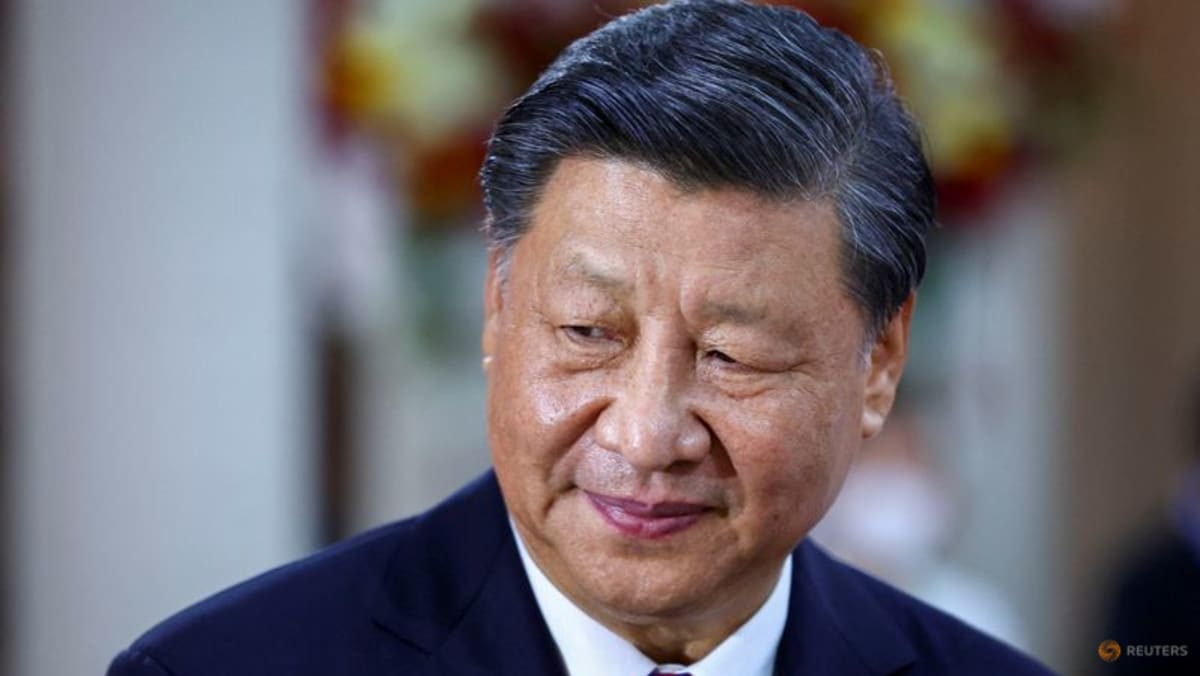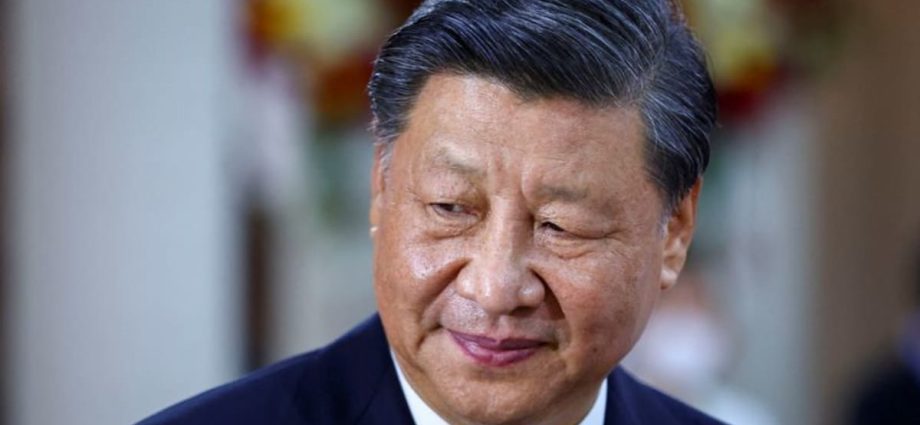
The wave of recent interactions, he said, indicated that the two countries hoped to repair ties, and there was an increased expectation for the two leaders to meet following the high-level visits.
Wang Huiyao added that both China and the US stood to gain from a more stable relationship, and it was also in the interest of the international community to see the world’s two largest economies get to some sort of “normal relations”.
Russel said recent developments pointed to a “new-found Chinese desire for stability in external affairs”, particularly with the US.
“We are seeing now a desire to at least temporarily reduce tension, dial back harsh rhetoric, accept high-level visits, and drop the strict linkage between ‘core interests’ and any cooperation by China,” he said.
This shift, Russel said, could be motivated by the serious economic headwinds and domestic problems that China was facing, or a “prudent effort” to wait out the results of the US election next year.
“But in either case, ‘stabilisation’ seems to be the watchword and thus the odds favour a decision by Xi to attend APEC and hold another sit-down with Biden in hopes of slowing down further American moves to constrain China in technology and other fields,” he said.
This article was first published on SCMP.

